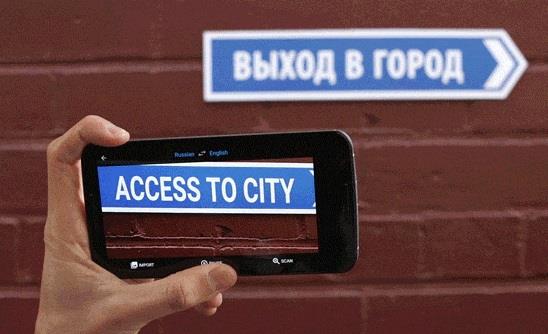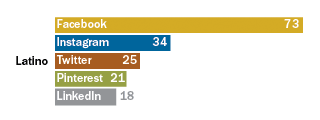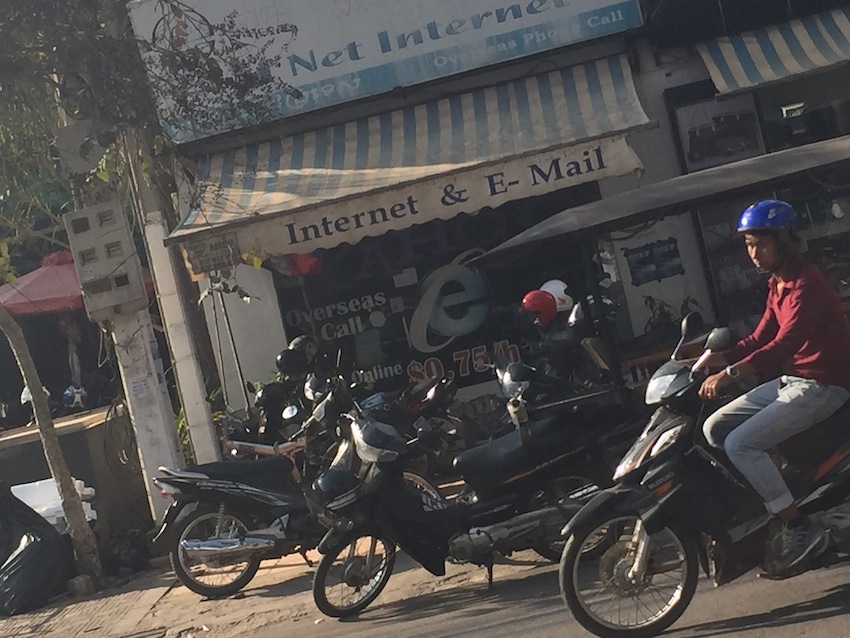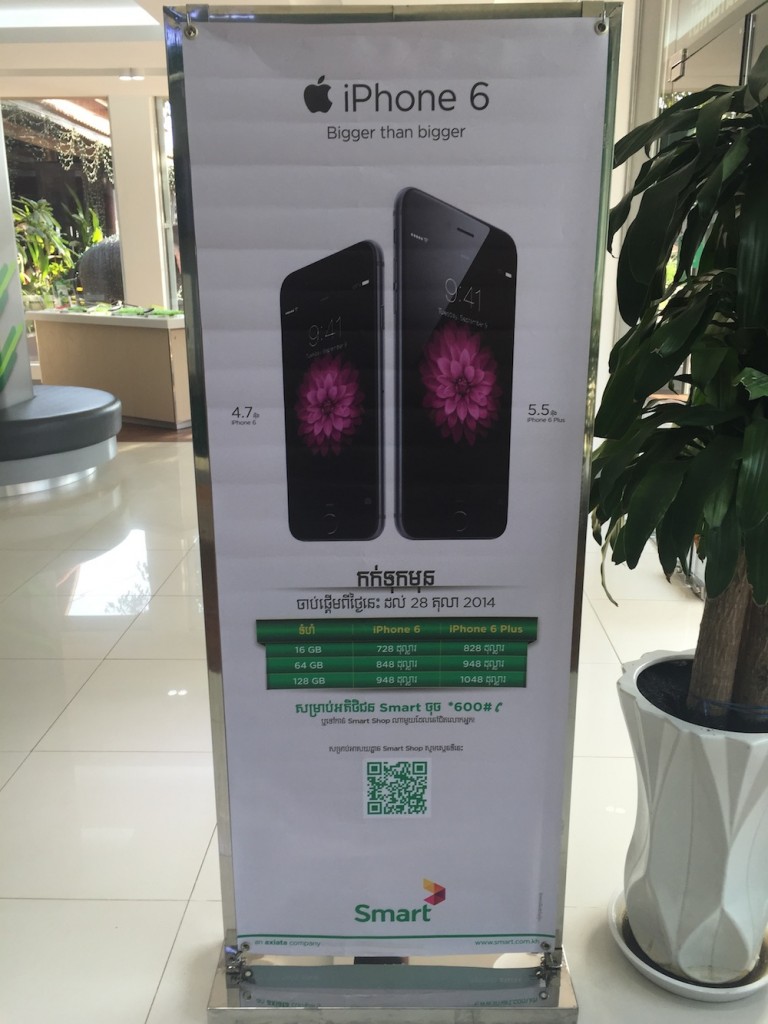There’s a lot going on at the intersection — some might even say collision — of mobile, social, digital revolution and the travel industry. Last week I presented at the Educational Travel Community summarizing current and emerging challenges, and offering seven digital opportunities to pursue.
Blog
-

In defense of screen time
“Screen time” ranks among the phrases, along with “trans fats” and “big box retailer,” that elicit mournful nods among the chattering classes. People regret the loss of unmediated presence: museums free from selfie sticks, dinners uninterrupted by stealthy smartphone checks and weekends free from the tyranny of email. And I get that, I do. But the nostalgia for the days when we weren’t carrying mobile computers in our pockets is highly overrated.
Read the rest of the rant over at WBUR Cognoscenti.
-
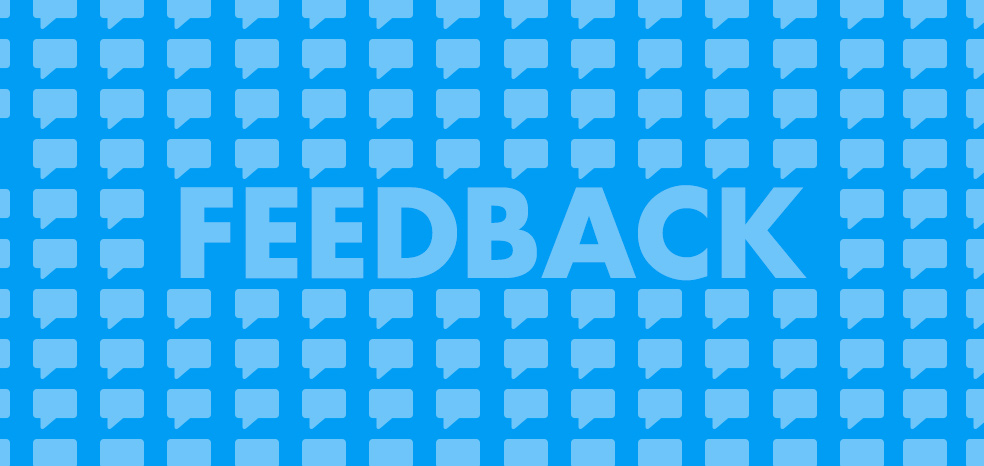
Friday 5 — 2.20.2015
- Consumer feedback is crucial in building a successful product. Understanding how and when to solicit it can make all the difference. Read and learn from these 5 mistakes we all make with product feedback.
- Marketing is now in the experience business. In a digital era, marketers need to invest in user experience as a critical competency, and embrace agile methodologies to compete. This interview explains why “Lean Product Design Is The New Marketing.”
- How has the role of design evolved over time? Design agencies today have the opportunity to change not only customer behaviors, but the behaviors of the client companies. Read how one design firm develops a culture of collaboration that drives results.
- Should scientists take an active role in public policy debates about issues related to science and technology? 87% of 3,748 scientists surveyed think so. New research from Pew reveals how this translates into increasingly social behavior.
- Everyone is going mobile — The New York Times is changing its editorial processes to optimize for more than 50% mobile visitors, and others are even ditching their websites altogether. However, Flipboard is swimming against the tide by launching a full-featured website to better tie its web and mobile experiences.
Weekend fun: Gimmicky or apt? This week Modern Family chose to reflect the reality of contemporary familial communications with an episode called ‘Connection Lost.’ Related video: A Brief Look at Texting and the Internet in Film.
-
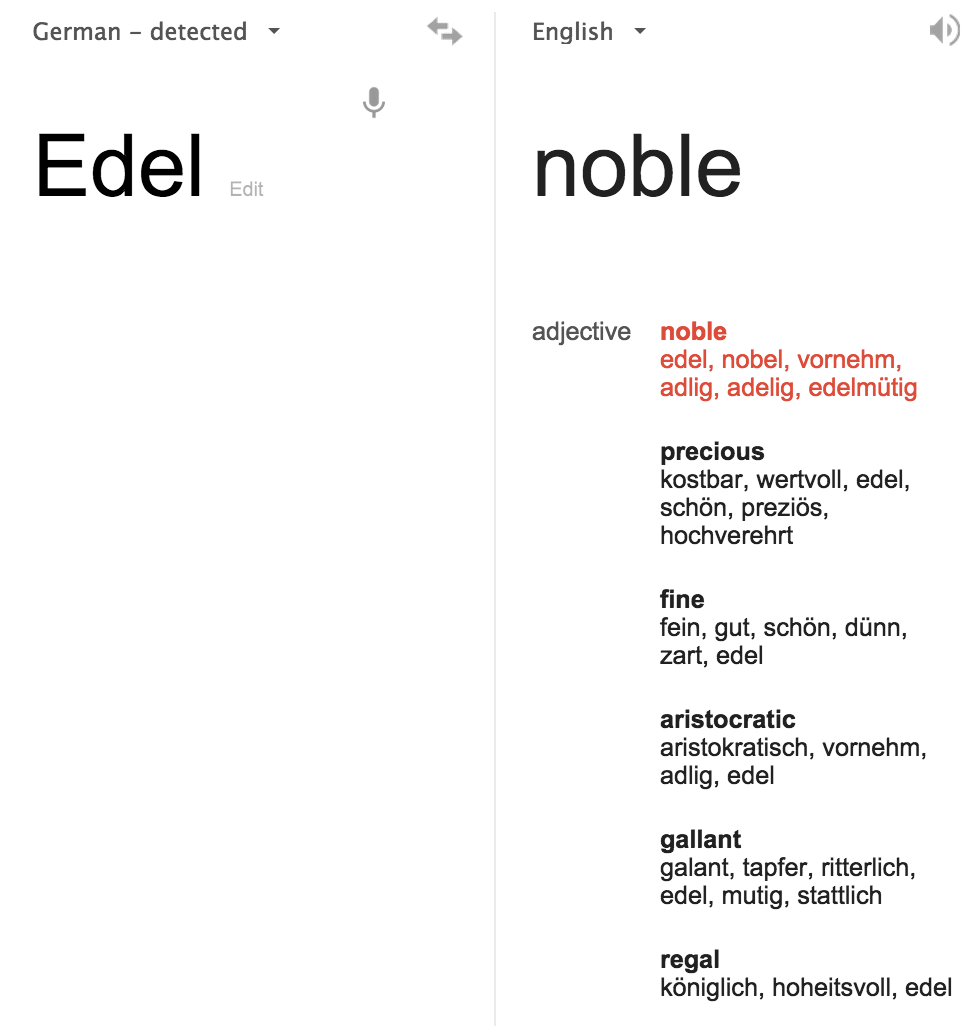
Noble or lazy gas: language and perspective
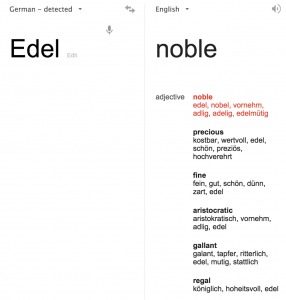
Last week I was speaking to a Chinese-speaking colleague when the concept of ‘noble gas‘ came up. Initially, translation was a problem, because it turns out the Chinese phrase is ‘lazy gas’ or 惰性气体. The difference made me wonder enough to go back and check where the English phrase came from. It was translated directly from the German ‘Edelgas,’ coined by German chemist Hugo Erdmann in 1898.Noble or lazy — it’s all a matter of perspective
-
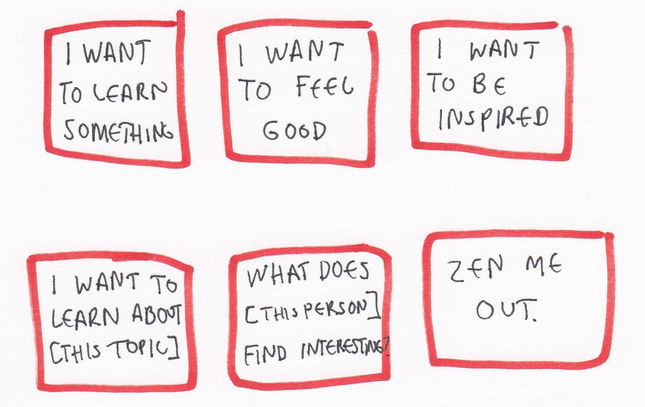
Friday 5 — 2.13.2015
- With the rise of sideways traffic via search and social, the homepage of a news site isn’t the single navigational portal it once was. Still, it’s an important brand asset, and defines organizing principles for content. Here are 64 ways to think about a news home page.
- Balancing being informed with staying productive isn’t easy. It requires effort to find the right smart filters, be they human or algorithmic, to be up-to-date without devoting hours each day. Here’s how one woman audited her daily media habits to improve what she reads. Spoiler alert: there may not be a lot of value in links found on Facebook.
- Apparently millions of Facebook users have no idea they are using the internet. In developing countries, many new users are coming online solely through Facebook, which has serious implications for those trying to reach them. These studies are consistent with my wholly unscientific observations about Vietnam and Cambodia.
- Data visualization geeks can debate the efficacy of circular timelines. I liked the distinction drawn between information visualization to amplify cognition versus data decoration and data art.
- These days Google has a keener understanding of what you are looking for — and serves it up to you directly. Search for topics like the weather or a movie title, and Google will serve up relevant, local data above any linked results. This week Google added a compelling new category for avid symptom searchers: medical information.
Weekend fun: Here’s hoping your Valentine’s Day goes as smoothly as it did for these Tiny Hamsters. Boston will need all the romantic meals, flowers, and chocolate as it can get, as snow threatens to cover even more of our athletes.
-
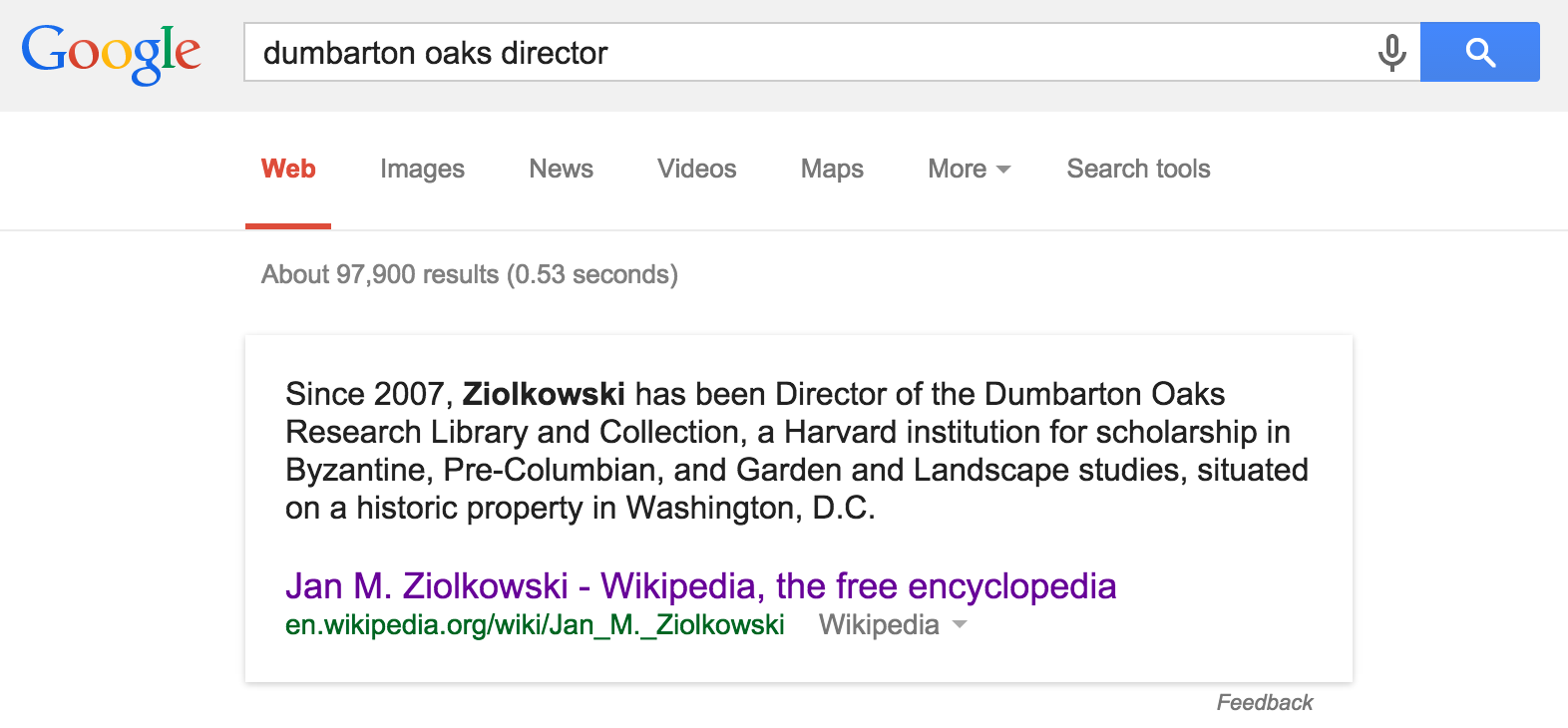
What Google knows to show you
Google has come a long way from the user experience of “ten blue links.” Today, Google pulls in a vast amount of the information it searches, has a keener understanding of what you are looking for — and serves it up to you directly.
Google’s organization of the world’s data, called ‘The Knowledge Graph,’ affects about 25% of all search queries. Google serves more and more rich data to minimize the need for users to click a second time. Search for the term “weather” or the title of a movie, and Google will serve up relevant, local data above any linked results.
When I recently searched for the correct spelling of the name of a director at Harvard, Google surprised me with a Wikipedia entry above a link to the site.
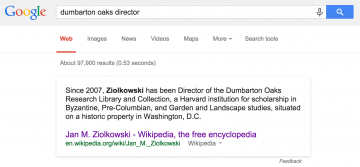
What does this mean for web content publishers?
This scraping and delivery of content is convenient for users eager to save a click. It also has practical ramifications for the originating content publishers. Today, a search engine optimization (SEO) must go far beyond meta tags and content keywords. Publishers need to closely watch and respond to web traffic analytics (for example, understanding dark social and developing a robust Wikipedia strategy) as well as technical features offered by search engines (for example, rich snippets and structured data).
-
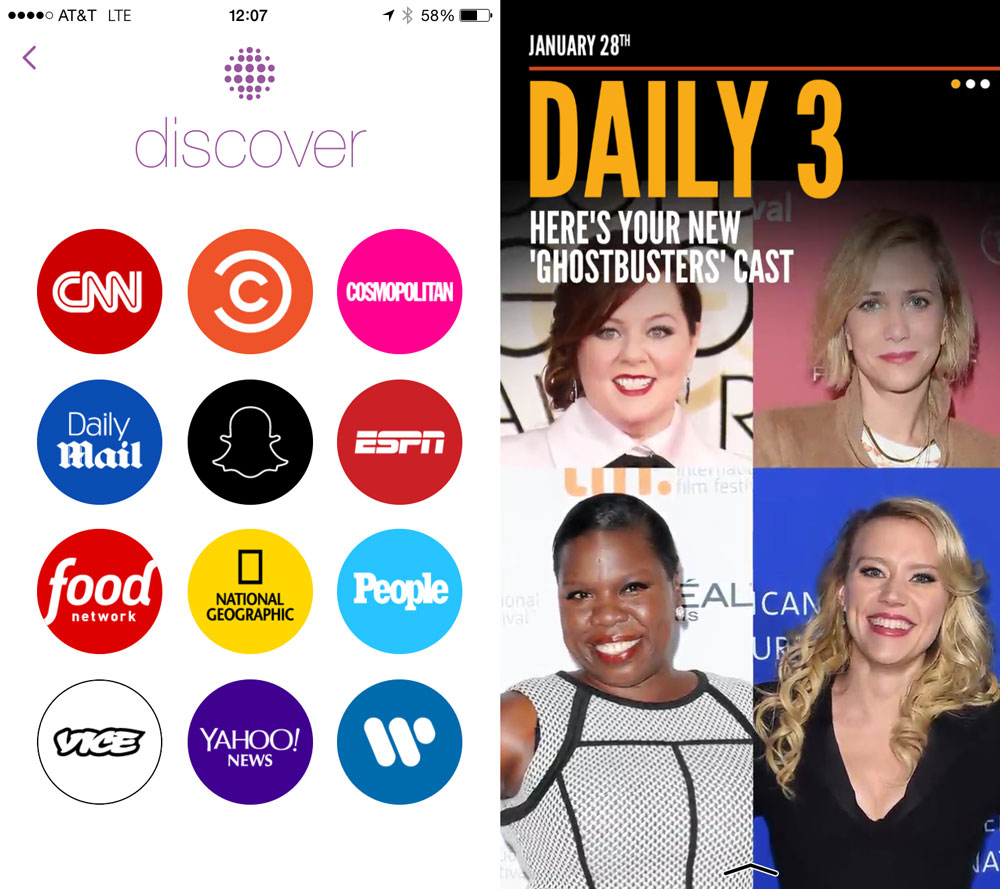
Friday 5 — 1.30.2015

- Snapchat aims to become a force in mobile news with this week’s launch of Snapchat Discover. Here are some tips on how to use it.
- If you’re like 82% of people, you have forgotten a password for a website. Luke Wroblewski has a thoughtful piece on password masking, security, and our one-touch future. Because we’re not getting any smarter about passwords.
- GIFs are everywhere you look these days, as a recent investment in Giphy, a two-year old GIF search engine, confirms. Imgur has launched a useful new way to make your own (desktop only).
- Making the move from individual contributor to engineering manager, is not for everyone. Noah Brier shares his thoughts on the need for pragmatism, balancing systems/scale, and a more general point on clarity of assignment.
- Think we should be taking videogames seriously? Don’t miss the astonishing growth in Twitch’s year end roundup or Steam’s announced $50M in earnings for in-game hats and maps. Pick and shovel plays galore as industries build up around videogames’ burgeoning culture and revenue.
Weekend fun: Not your average armchair quarterbacks, Harvard Business School professors suit up, kind of, to discuss the Super Bowl. Whether you’re a Seahawks or Pats fan, tune in at 2pm today for a Super Bowl-themed #HBXChat.
